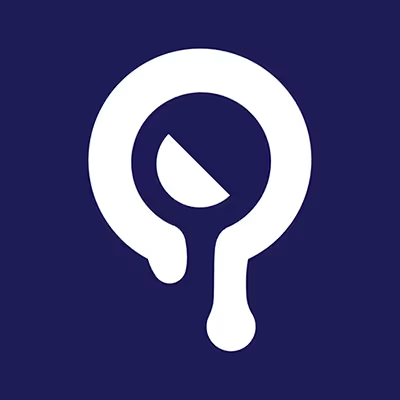

Thales stands out in blockchain markets with its Parimutuel Markets, focusing on crypto asset price movements. Its governance token, $THALES, is used for protocol governance and DAO elections. Governance is decentralized, involving various DAOs and THALES token stakers. Thales raised $2.5 million from Framework Ventures and Apollo Capital, underlining its strategic growth and market potential.


Kelp DAO focuses on Liquid Restaking Solutions for Ethereum and OP Mainnet, aiming to improve liquidity for assets on platforms like EigenLayer. Its primary product, rsETH, allows fractional ownership of staked assets, offering both instant liquidity and redemption options. Additionally, Kelp DAO has introduced $KEP (Kelp Earned Points), a token that equates to EigenLayer Points, giving users flexibility in how they manage and utilize these rewards.



Aave offers a decentralized, non-custodial liquidity protocol for lending, borrowing, and earning interest on crypto assets. Its community-driven governance process involves AAVE, stkAAVE, and aAAVE token holders in decision-making. Ideas are discussed in the Aave Governance Forum, polled on Snapshot, and, if supported, become Aave Improvement Proposals (AIPs). AAVE tokens, capped at 16 million, are used for governance and protocol security.



SwapMode offers real yields from protocol-generated swap fees, and enabling transactions at significantly lower costs. Its dual-token system, involving $SMD for transactional purposes and $xSMD for staking and earning real yield, incentivizes user participation and ensures a fair value distribution within its ecosystem. Governance is democratized through $xSMD token holders, who have voting rights on key decisions, promoting a decentralized and community-driven decision-making process. Unlike many of its counterparts, SwapMode is self-bootstrapped, emphasizing its commitment to innovation, efficiency, and community engagement without relying on external funding.
